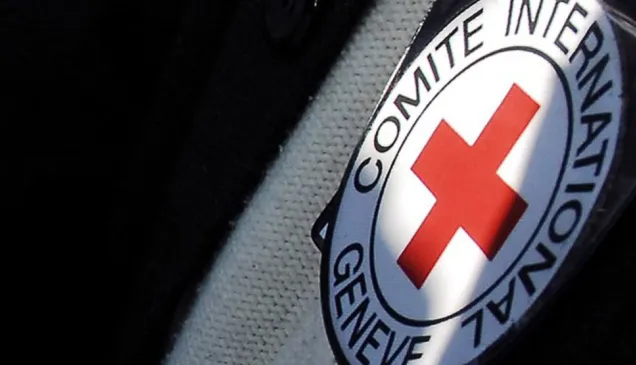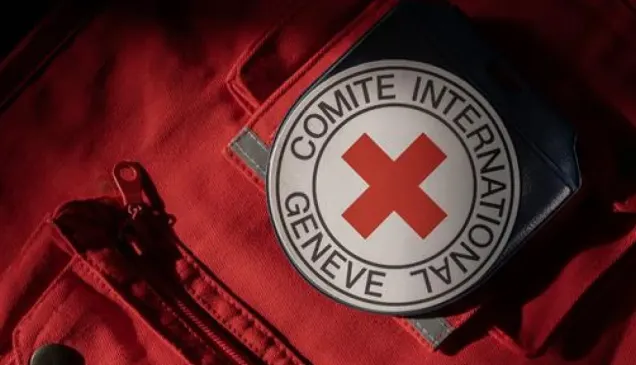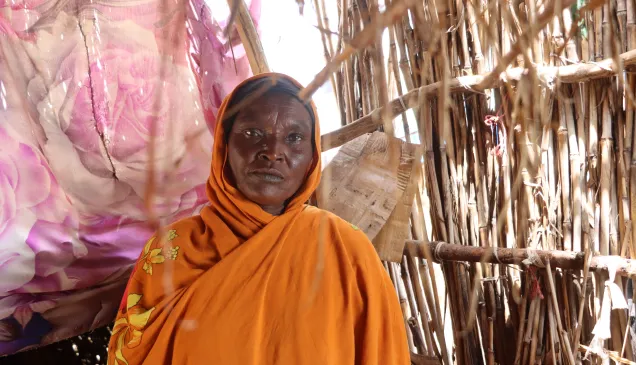ICRC spotlights Global Crisis of the Missing at UN Third Committee Session
Statement by the ICRC at the United Nations General Assembly
Statement by the ICRC at the United Nations General Assembly, 73rd session, Third Committee, agenda item 74(b)
The International Committee of the Red Cross (ICRC) works with the families of missing people and with authorities in over forty countries affected by past or ongoing armed conflicts. In addition, we chair five coordination bodies that bring former parties to conflicts together to resolve cases of missing persons. This role is firmly grounded on the neutral, impartial and independent nature of our humanitarian mission, stemming from our conventional and statutory mandate.
In our view, three factors converge today to form what we could call a "crisis of the missing" at the global level.
The first factor is scale. Armed conflicts continue to give rise to a substantial number of missing persons. The ICRC is currently looking for over 100,000 persons globally – this is the highest number we have ever had. We know that this is the tip of the iceberg and that it represents only a fraction of those estimated to be missing because of past and ongoing conflicts. Early and preventive action is therefore urgently needed.
The second factor is the intergenerational impact that unresolved cases of missing people are having on families, communities and societies. Today, cases of missing persons that occurred decades ago are still awaiting clarification in many countries. We are also seeing countries where conflict has resurfaced and new cases of missing persons are joining countless others for which no information has been found in decades. Missing persons shape the history of families, communities and societies profoundly. Such unresolved consequences of conflict that stretch over decades can hamper the prospects of peace.
The third factor driving this global "crisis of the missing" is a renewed and increased internationalization of the problem. Today's wars involve groups and individuals from a variety of countries. This multiplies the number of stakeholders affected by and involved in the response to cases of missing persons, making coordination and collaboration a real challenge. The transnational dimension of the question of missing persons is particularly clear in its overlap with migration, as thousands and thousands of people fleeing conflict also go missing in transit and destination countries.
Against this backdrop, we would like to make three recommendations:
First, prevent people from going missing in the first place, whether they are alive or dead. This includes registering all persons deprived of their liberty; enabling detainees and any other persons separated for reasons related to the conflict to contact their families; registering and centralizing information on missing persons; recording and protecting gravesites; and ensuring the identification and dignified management of human remains. International humanitarian law contains relevant rules in this regard.
Second, impartiality must be a golden rule for all measures relating to missing persons and their families. Upholding families' right to know the fate and whereabouts of their missing relatives is a humanitarian endeavour, and that is why it is recognized in humanitarian law. This endeavour is about ensuring that families, whoever they are, do not live in limbo without being able to ever find closure. Addressing cases of missing persons selectively not only distorts this humanitarian purpose, it can also create or exacerbate grievances and hamper the prospect of a sustainable peace.
Third, exchange good practices and leverage existing expertise on the missing. Sadly, there are by now a great number of States and organizations with experience in dealing with cases of missing persons. Their knowledge is scattered and largely untapped. This year, the ICRC has launched a four-year project to rally this global community of stakeholders and improve the prevention of, and response to, cases of missing people at the global level. We will jointly review our collective experience, distil common technical recommendations and standards, and find new ways to address the particular nature and scale of today's cases of missing persons. We hope that many countries represented here will join this effort and thereby help some of those who so desperately wait for news of their loved ones.



